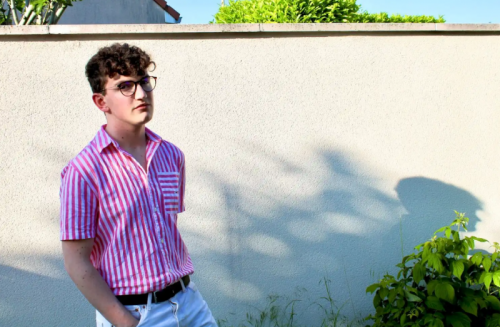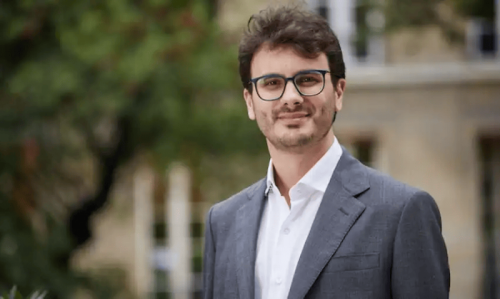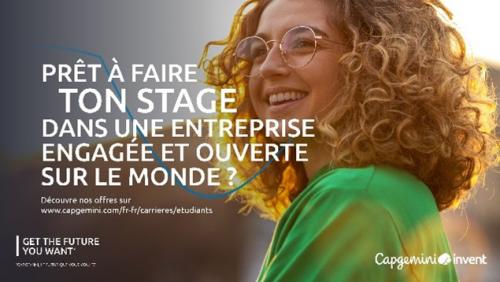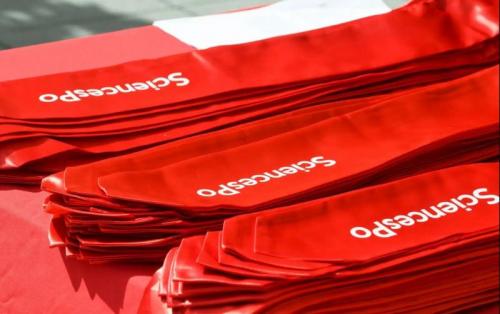Your two minutes introduction / Elevator pitch
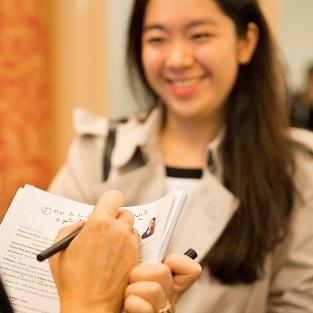
Preparing your introduction
An elevator pitch should not be improvised. Prepare it well in advance and practice with your friends to see what they remember about you. Finally, memorise it to be able to give it under any circumstances – although without giving the impression of reciting a script! All in two minutes...
Who are you?Work on your lead-in here!
|
"Hi, I'm Paul Martin, in my first year of a Master's in Public Affairs at Sciences Po Paris." "I'm a student in the Finance and Strategy Master programme at Sciences Po, and I'm looking for a management control internship in a finance department." "I'm studying International Affairs at Sciences Po Paris, and I want to learn more about consultancy jobs in international relations." |
(At a trade or employment Forum)
|
"I read recently that you're opening new offices in Hong Kong; I'd like to learn more about what the teams there will be doing." "I saw on your website that you have Digital Transformation expertise, and I'd like to know more." |
What have you done?Present your past experience in no more than two or three elements "I've done this, this and this":
|
"I'm passionate about international relations, I studied at XXX and earned a Bachelor's in YYY. Then during my time in ZZZ (country) I did a six-month internship at VVV, where I completed an assignment as UUU. This allowed me to complete WWW (project) and develop my skills in..." "Before starting the Public Affairs Master at Sciences Po, I did a dual degree in Law and History at Paris 1 University Panthéon-Sorbonne, where I completed a three-month internship at the Paris District Court as assistant to a judge." |
Demonstrate your areas of expertiseWhat are the successes you are proud of, and that illustrate your personal and professional qualities? This section is important because it frames your experience and will highlight the logic that points to your career goal. Find successes in your past experience that will gain your listener's attention and give them the chance to ask questions. |
"I'm passionate about the environment. During my study abroad in Guatemala I created an environmental protection non-profit which is reforesting 10 hectares a year." |
Explain your goal, where you want to go.
This is your reason for talking to this individual. Everything you've done until now led to the definition of your goal. |
"My goal is to...", "Ideally, I'd like to...": talking about the future. "Now I want to go into XXX business sector, in particular as a YYY (profession) // to develop ZZZ (project)." |
Where are you in all this?What is the area where you stand out, what motivates you, what is your "thing"... share the elements of your personal life that will highlight other qualities that are transferable to the professional sphere. This section may be the most crucial in capturing your listener's interest. |
If you've lived in multiple countries, are a performance athlete or an accomplished artist, you can talk about this to illustrate your leadership, tenacity, creativity, etc.
Beware of giving wrong impressions: If you did a world tour solo, maybe you don't like working with a team... Keep in mind the message you want to convey: what do your experiences say about who you would be in the position?
|
WHAT TO DO ON D-DAY...
Just before your pitch
- Smile (visual impression)
- Look your listener in the eyes and wait for them to be ready to listen to you
- Be confident, show that you feel ready to deliver your message
During the pitch
- Before starting, try to find out the functions of your listener: Are they from human resources? Operations?
- Remember to breathe and not talk too fast
-
Stay present and remember to leave space for your listener to talk when you feel it's necessary
E.g.: if you feel like they're not listening to you, ask them a question - Use short, simple, precise sentences!
- Never say too much, you only have two minutes and you need to capture the interest of your listener. They have to want to know more about you and ask lots of questions!
Just after the pitch
- Let your listener speak
-
Ask them questions to start a discussion
E.g.: "Would you like me to share any aspects of my experience in more detail?"
E.g.: What would be the next step?




